Late last year I started thinking about resolutions. I was tired and wary and decided that I’d make a quiet commitment to less and leave it at that. Less stuff, less stress, less pressure. Simplicity in preference to big, expensive dreams. Contentment over pushing boundaries. I thought I’d be swimming against the tide of popular opinion. Turns out, I am just part of the zeitgeist. My social media feeds are full of people turning to simplicity and minimalism is the new must-have.
Meet the minimalists
The leanings towards minimalisms on my news feed and blog roll started with references to Marie Kondo and determining the joy (or lack thereof) in things. It has crescendoed with the recent Minimalism documentary. In the spirit of ironic minimalism, I haven’t actually watched it. We don’t have Netflix and see no need to subscribe. But I understand the drive to consume less. To question whether consumption equates to happiness. To feel the weight of ALL THE THINGS and wanting to unshackle ourselves from it. Economists and the head of Ikea alike have posed the question whether the West has reached “peak stuff”. Scientists have long been telling us that our constant consumption isn’t sustainable. We need to change. The digital age makes books, music, games, music and social interaction accessible in the mysterious ether. The sharing economy means we just don’t require the same amount of physical possessions — technology making it possible to collaborate amongst ourselves to meet needs. The state of the world, the state of technology and the state of our minds all seem to be pointing towards living with less without sacrificing quality of life.
Are we really embracing minimalism?
Yet, on the other side of the coin, Australians are the second largest consumers of fast fashion – turning clothes over as though they were consumable items. Clearly we are not embracing minimalism en masse.
Perhaps what I see being mirrored around my social media feeds is more to do with my particular culture. I really have no desire or need to own the latest and greatest. But I am also financially, emotionally and socially secure. As are most of the people I know in my social media feeds. My teenage niece has a strong need to own branded gear which will ensure her spot within the social pecking order and I remember that desire. It’s entirely possible that what I am noticing is the microcosm of society of which I am a part. A narrow band of views that I sometimes mistakenly believe reflect the common opinion. Which can lead to false hope.
Where does it all come from?
It’s a mistake so many of us made during the 2016 US election and as populist thought gains even more traction. We believed that our moderate, tolerant views were those shared by the majority and were shocked to find it not the case. In the wake of this rising tide of intolerance, I have noticed people are less outwardly hopeful.
In addition to the intention to minimise consumption, there has been a quietening in lofty dreams and impossible promises. At the end of 2015, my social feeds were full of assurances that 2016 would be a ridiculously awesome year. This year, no-one expected 2017 to dawn as their knight on a white horse.
When the world seems a scary place, it’s no wonder people retreat, turn quietly inwards and look at the ways they can simplify their own lives in a complex world. When faced with the personification of corporate greed as the leader of the free world, it’s no surprise that people want to distance themselves from the corporate machine. Not buying things is a satisfyingly perverse way to flip the bird to that kind of authority.
Some minimalist perspective
Of course, I’m conscious that adopting minimalism is only relevant to the privileged. For many living simply and frugally is not a lifestyle choice, it’s life. For many, many people it’s not something to make a documentary about. It’s just the way things are.
I like to look at these “new trends” through the lens of my grandmother’s common-sense life experience. A woman who has seen a lot of dark and light in the world.
When handicrafts became popular, she raised her eyebrows and continued knitting, as she has since she was a little girl. When slow, home-cooking was embraced, she shrugged and continued to make her soups with her home-grown vegetables. She was brewing kombucha tea long before it was bottled and sold in health shops. The house she shares with my uncle is filled with hand-made furniture, home-sewn cushions and curtains and artworks painted by my late grandfather. All of which have been repaired and reframed many times over.
They have exactly what they need and no more. They are not on crusade to persuade anyone about their way of life. They just live and make do. My grandmother has strongly held opinions, but she doesn’t voice them terribly often. She lives and lets live and quietly holds strong to her ideals. If I called it minimalism, she’d probably give me a knowing wink and tell me “actually, it’s just how most of us have always lived”.



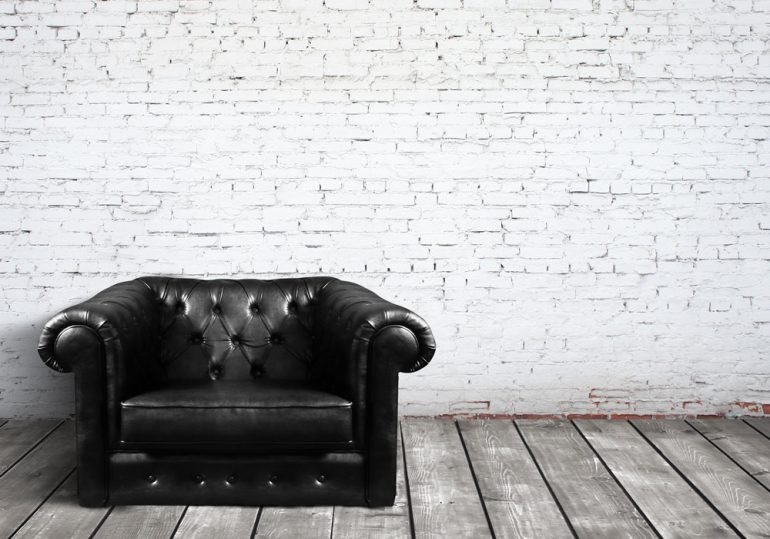
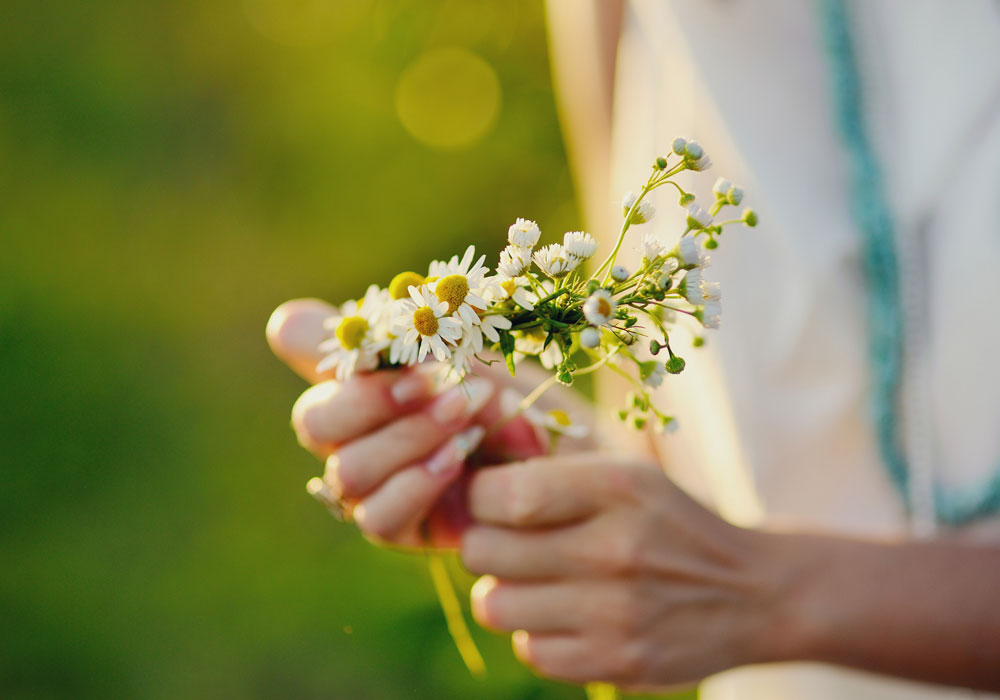
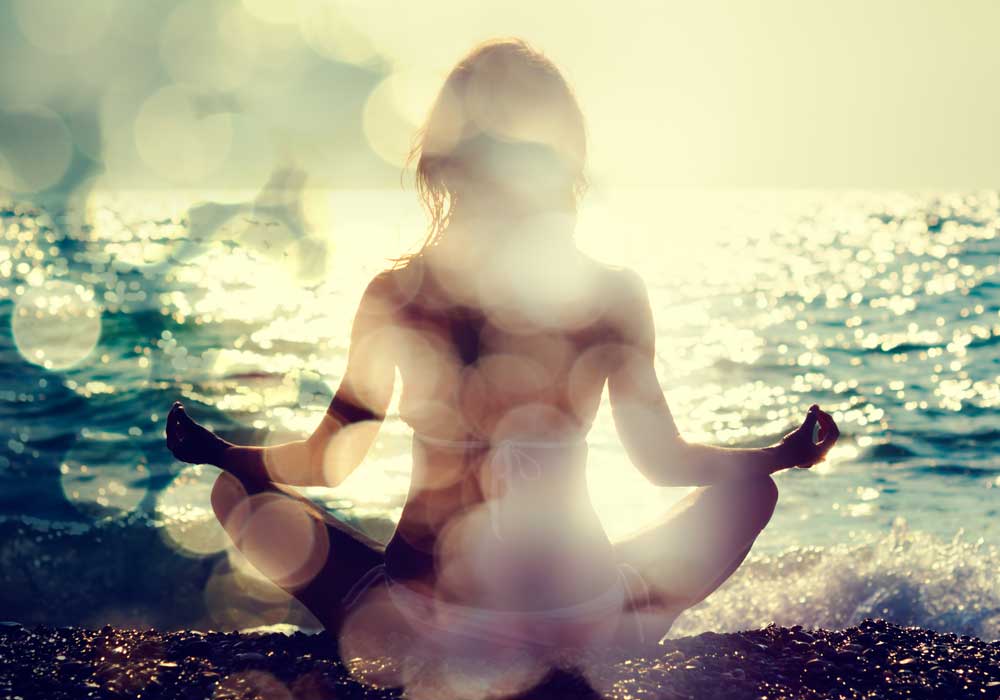
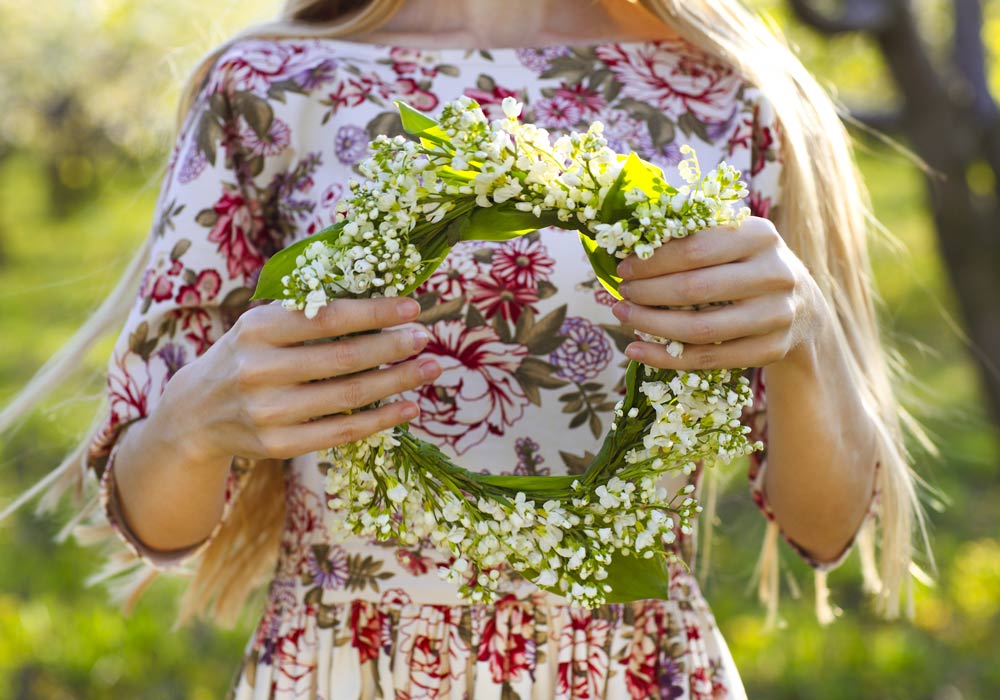


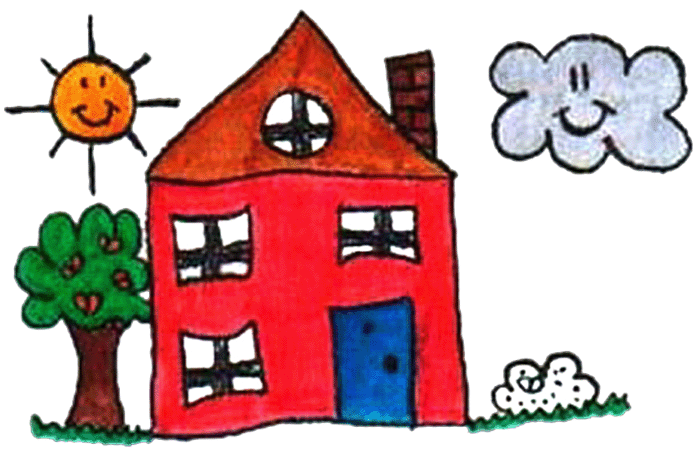



Robyna your grandmother sounds like a wise woman. I think we have lost so many of the great creative skills of the past in our quest for convenience. I’m allowing my wardrobe to breathe this year and buying a whole lot less.
Love love this post Robyna. I can’t see my way to Kondo but I definitely want less clutter – physical and mental in my life. My sewing and knitting days are over I think, but I am a great mender, rebirther and recycler. I guess we all are doing what we can.
I love the part about your Grandma, that rings so very true! What people call “trending” these days often amounts to nothing more than a re-hash of what has already been done quite effectively for the past several hundred years. I swear, we could bring back horse-and-buggies, and Instagram would be blowing up with the brilliant novelty and sustainability of it all!